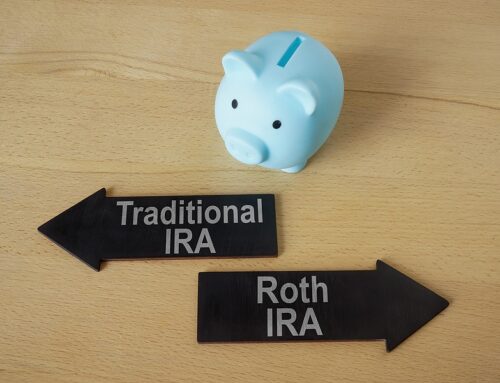
President Trump’s newly passed “One Big Beautiful Bill” (OBBB) is making headlines, and retirees might want to pay close attention. Aimed at expanding the 2017 Tax Cuts and Jobs Act (TCJA), this sweeping legislation includes a mix of tax breaks and potential pitfalls that could impact seniors for years to come.
Potential Benefits of the “One Big Beautiful Bill” Proposal
- A $6,000 Senior Bonus Deduction
One of the most direct benefits for retirees is a proposed $6,000 tax deduction for Americans aged 65 and older. This deduction applies to those with a modified adjusted gross income (MAGI) under $75,000 for individuals or $150,000 for joint filers. Better yet, it can be used whether you itemize or take the standard deduction, offering extra flexibility for retirees on a fixed income.
- Tax Deduction Expansion
The TCJA temporarily increased the standard deduction, making tax filing simpler for many Americans. The new bill makes it permanent. The new bill also increases the State and Local Tax deductions (SALT) limit—which prevents double taxation on the same income by Federal and State taxes—from $10,000 to $40,000 increasing incrementally until 2030 when it is set to return to the pre-OBBBA level.
- Tax-Free Overtime and Tips up to $25,000
While this may seem aimed at younger workers, some retirees who still work part-time—especially in service-based jobs—could benefit from a temporary exemption on taxes for overtime pay and tips. This provision would last through 2028 and could help stretch earnings a bit further.
Potential Drawbacks of the Bill
- No Sweeping Relief on Social Security Taxes
Despite earlier promises, the bill does not eliminate taxes on Social Security income. Instead, the temporary $6,000 deduction may serve as a consolation. Many retirees will still find part of their Social Security benefits taxable, depending on their overall income.
- Cuts to Medicaid and Long-Term Care Implications
To help fund the One Big Beautiful Bill tax cuts, lawmakers have proposed major cuts to Medicaid—potentially the largest in decades. For retirees, this could have consequences. Medicaid is a key safety net for long-term care, covering services like nursing homes and in-home assistance once personal funds run out. With reduced federal funding, states may limit benefits, tighten eligibility, or cut access to care. That means fewer options and higher costs for retirees who need long-term support the most.
- Rising National Debt
The bill is projected to add approximately $3.4 trillion to the federal deficit over the next decade, as well as shorten the lifespan of the Social Security Trust Fund. Increased debt can lead to higher interest rates and inflation—two economic pressures that tend to hit retirees hardest, especially those living off fixed incomes or interest-bearing investments.
For retirees, the “One Big Beautiful Bill” could hold potential benefits and risks, some of which weren’t covered in this short blog. On one hand, it could offer meaningful short-term tax benefits, especially the senior deduction and simpler filing process. On the other hand, concerns about healthcare funding and the long-term economic impact are just as considerable.
If you’re nearing or in retirement, now could be a great time to review your tax strategy with a financial advisor who understands how these changes might affect your income, benefits, and long-term financial health, so feel free to reach out to us today.
https://taxfoundation.org/research/all/federal/big-beautiful-bill-house-gop-tax-plan/
https://www.wsj.com/personal-finance/taxes/trump-tax-bill-social-security-senior-deduction-bd8ee395
This information is provided as general information and is not intended to be specific financial guidance. Before you make any decisions regarding your personal financial situation, you should consult a financial or tax professional to discuss your individual circumstances and objectives. The sources used to prepare this material are believed to be true, accurate and reliable, but are not guaranteed.
SWG 4551232-0625









